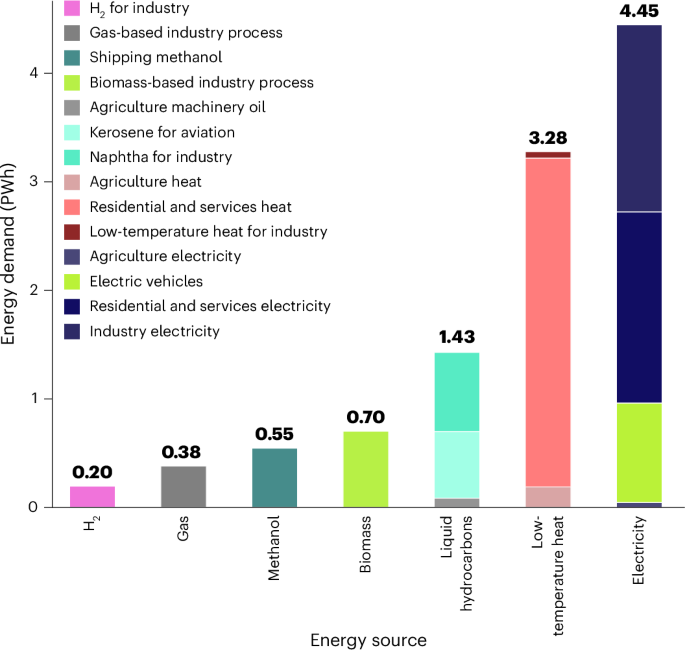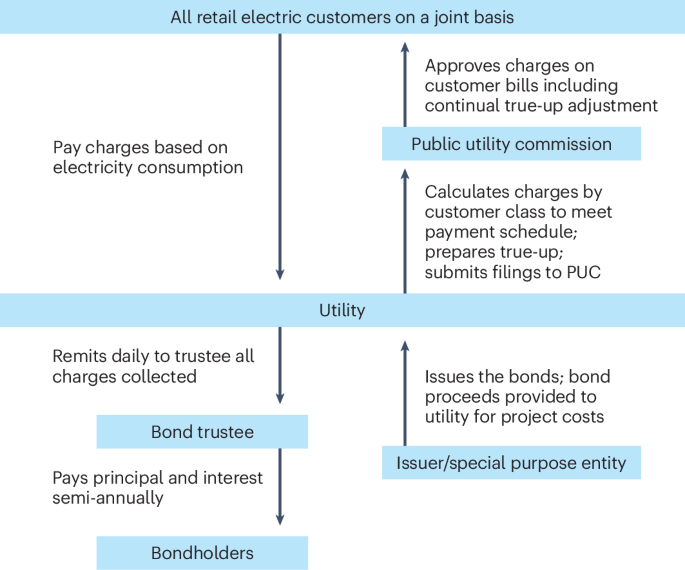Climate and Energy Executive Orders: Implications for Corporate Sustainability
On January 20, 2025, the president signed three significant climate and energy-related executive orders—“Declaring a National Energy Emergency,” “Unleashing American Energy,” and “Putting America First in International Environmental Agreements”—and rescinded several executive orders from prior administrations, including those focused on reducing emissions and expanding clean energy infrastructure. This article analyzes the key provisions of each […]

Matteo Tonello is Head of Benchmarking and Analytics and Andrew Jones is a Senior Researcher, ESG Center at The Conference Board, Inc. This post is based on their Conference Board memorandum.
On January 20, 2025, the president signed three significant climate and energy-related executive orders—“Declaring a National Energy Emergency,” “Unleashing American Energy,” and “Putting America First in International Environmental Agreements”—and rescinded several executive orders from prior administrations, including those focused on reducing emissions and expanding clean energy infrastructure. This article analyzes the key provisions of each order and their potential impact on corporate sustainability practices.
Key Insights
- Intended to strengthen US energy security and boost economic competitiveness, these climate- and energy-related executive orders mark a pivotal shift in federal climate policy.
- Despite federal rollbacks, large and multinational corporations will remain subject to new ESG regulations such as California’s climate disclosure laws and the EU’s Corporate Sustainability Reporting Directive, maintaining momentum toward decarbonization.
- Diverging state and federal climate policies are creating a fragmented regulatory landscape in the US, challenging corporations to develop flexible compliance strategies that address both progressive state mandates and federal deregulatory initiatives.
- While withdrawal from the Paris Agreement is unlikely to significantly impact corporate climate efforts, the absence of federal contributions to global climate finance could prompt firms to play a larger role in funding climate adaptation and mitigation initiatives.
- The recent growth in voluntary corporate climate disclosures, risk management, and renewable energy investments highlights the strong influence of market trends, investor expectations, and global standards in driving sustainability, beyond domestic policy shifts.














































































































































































